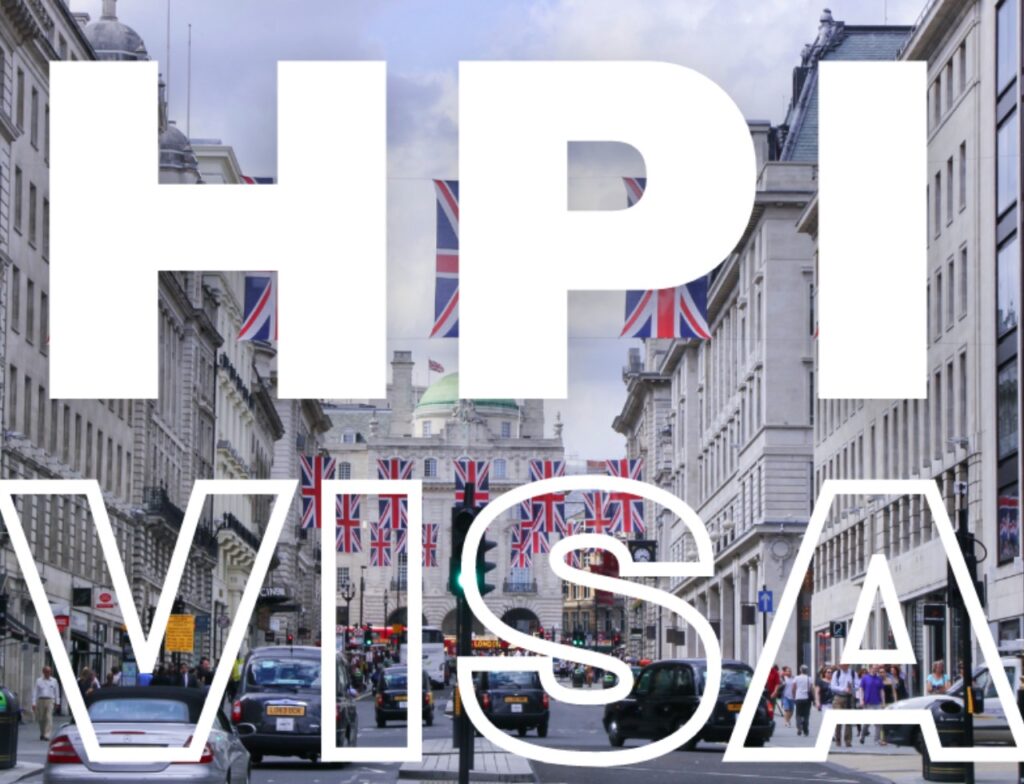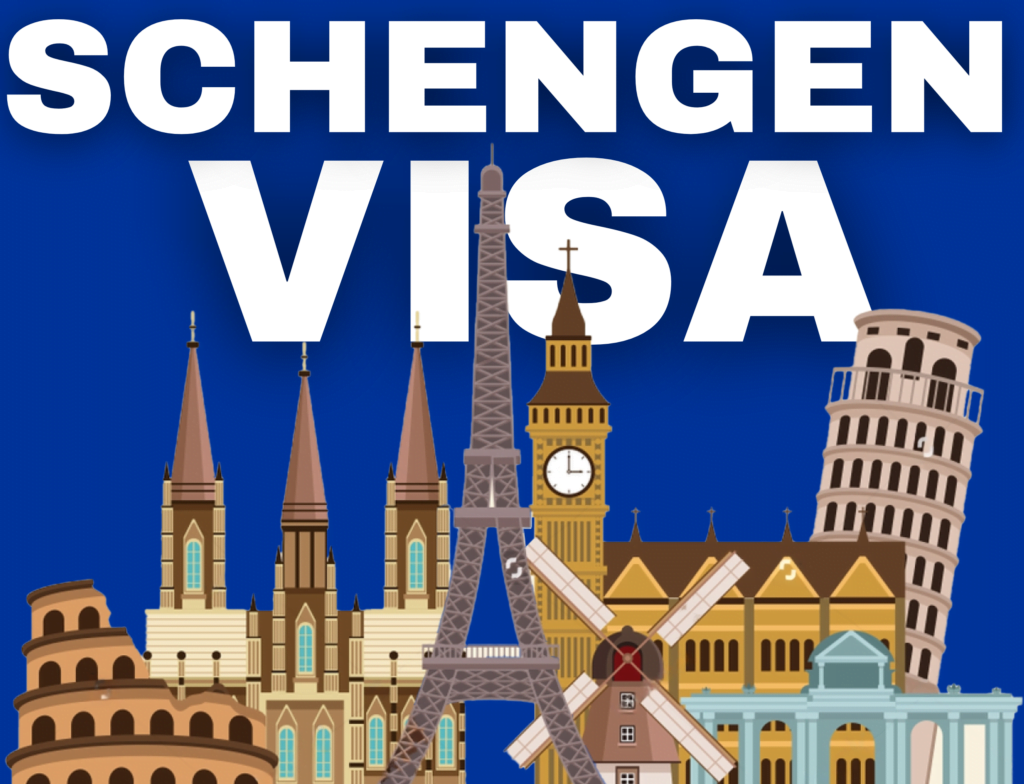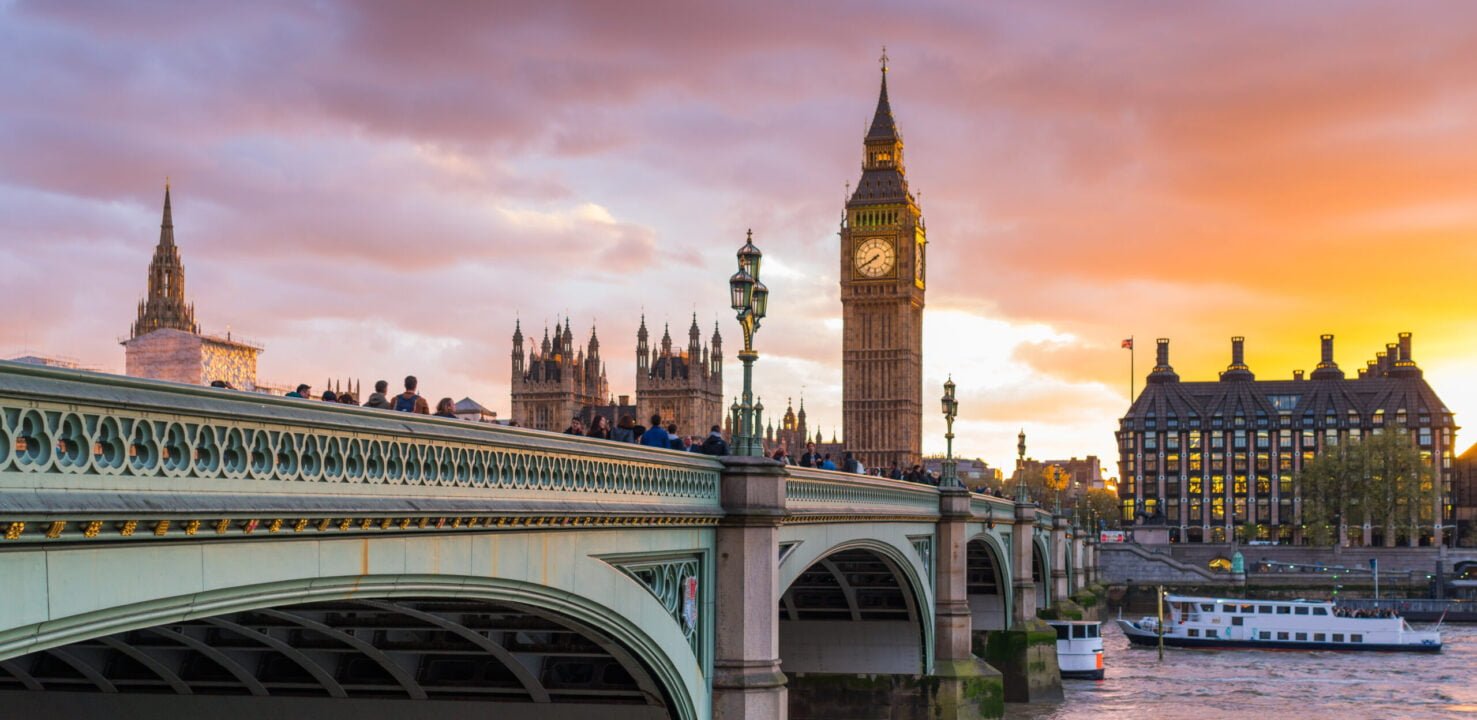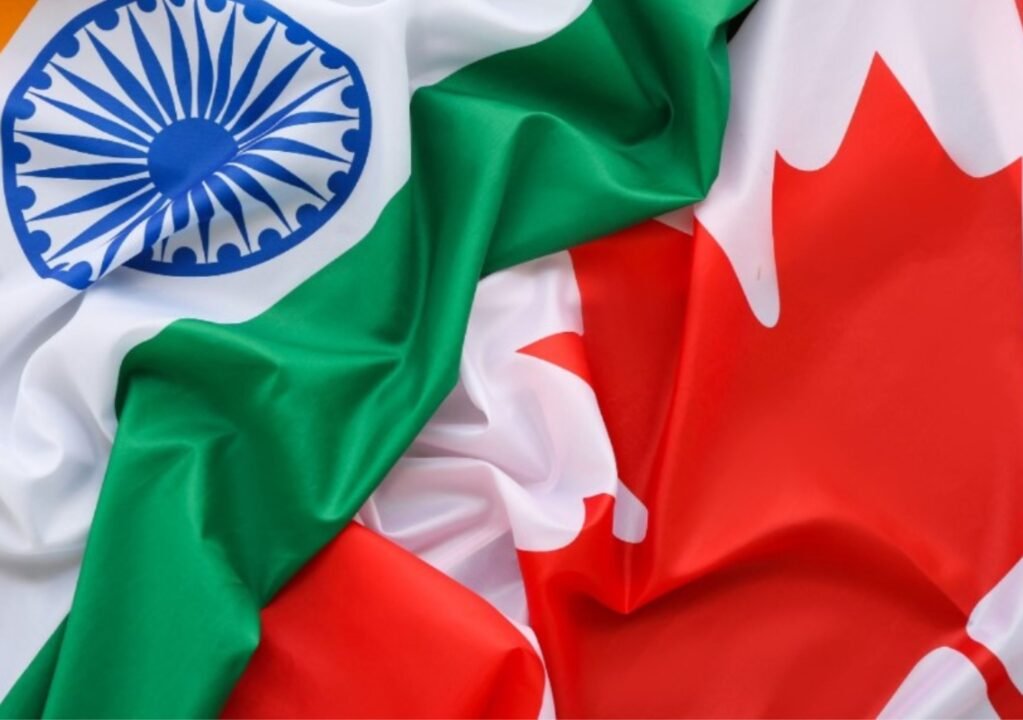The United Kingdom has entered a new phase in its political process with Keir Starmer of the Labour Party as the new PM. On immigration, Starmer’s stance is one that seeks a change of approach as it seeks to harden border control mechanisms and make selection criteria severe for would-be entrants into the United Kingdom. Starmer has been more open during a recent TV debate; for instance, he criticised the former Prime Minister Sunak as ‘the most liberal prime minister we’ve ever had on immigration’ and promised that the Labour party will keep the UK in the European Convention on Human Rights.
Labour’s Immigration Pledges
Labour is also aware that many people want it to bring in the policy to reduce net migration, so the annual figure’should be a couple hundred thousand. This is their policy, which has no specific target but has an inherent message. For the next five years, the actual or predicted value under Conservative migration policy is contingent on the Office for Budget Responsibility, which asserts that net migration will remain constant at around 350,000 per year. Labour has sought free investment in this field, and through their strategies, if implemented, it will help reduce these statistics substantially.
Fiscal Impact of Net Migration
This, in terms of a net migration rate of 350,000 annually, is likely to shave £7 off public sector borrowing. It is predicted that the transition will increase the GDP to $4 billion by 2028–2029 and improve public finance performance. Foreign students are also generally considered part of net migration and bring in revenues in terms of tuition fees to maintain and enhance course provision, as well as paying students and researchers to cover shortfalls in home student and research income. Further, they offer a temporary workforce for the UK economy during moments of economic strength in the overseas economy to increase foreign investment in the UK.
Work and Skilled Worker Visas
While Labour’s focus on skills policy made immigration contingent on formalising visa restrictions and border control without closing channels, However, the emphasis will be on replenishing the acute shortage of skills in sectors such as construction, IT, and engineering with skilled resident workers through the apprenticeship levy.
Labour also confirmed its plan to assess the effects of the Conservative raise in the salary requirements of the Skilled Worker scheme, as well as banning care workers from bringing dependents.
Health and Care Visas
For migrant workers, particularly in the social care sector, Labour will set up an independent workplace inspectorate to enforce employment rights and eliminate exploitation of these vulnerable workers. They have expressed no desire to overturn the policy of excluding family members from entering the building for carers and senior carers.
Creative Workers, Youth Mobility, and Seasonal Workers
Labour may negotiate new actors’ deals with the EU to limit the bureaucratic challenges experienced in the wake of Brexit. While ROK does not expect to negotiate a youth mobility scheme with the EU, an extension of the Youth Mobility Route could apply pressure to sectors such as hospitality, retail, and childcare.
There may also be a new approach to assuring seasonal workers against being exploited by labor. The present government has set a legal working week of not less than 32 hours a week for seasonal workers and oversees their well-being. Labour might as well discuss more measures to safeguard such workers.
This has meant family- and settled-status routes.
Labour agrees with the intention to raise the minimum income threshold of the Partner route but first calls for an analysis of the family routes for social and economic impact. Brexit agreements will require further work on the EU Settlement Scheme, as some problems will remain constant in this area, which is challenging to integrate with status verification systems.
Immigration Fees
The Labour Party has not outlined measures by them to alter any immigration fees. Nonetheless, there are recent enhancements, such as a sharp hike in fees and the Immigration Health Surcharge, that may require reconsideration before further amendments are considered.
Conclusion
The recent election of Keir Starmer as the new prime minister of the United Kingdom means that the new Labour government coming into power will likely introduce modifications to the current immigration practices in the UK. Measures considered here include curbing net migration numbers, limiting visa access, and tackling skills shortages through the completion of training. While these policies come into play, it will be important to observe the effect of these policies on international students, skilled workers, and other immigration-related policies and structures.





